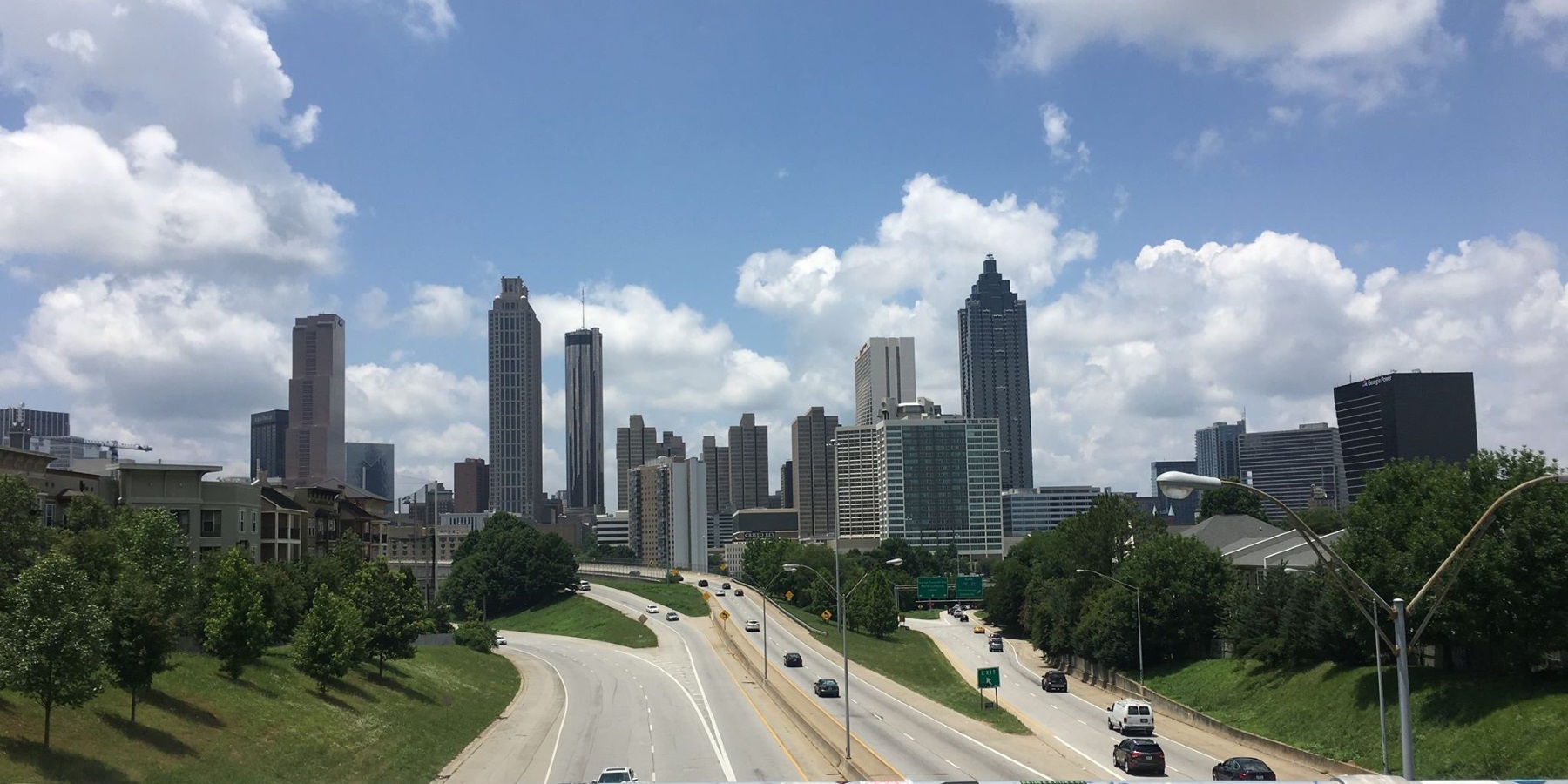Atlantans Could Have More Say In How Some City Money Is Spent

Atlanta-based political strategist Fred Hicks joins “Closer Look” to share his thoughts on the latest candidates to enter Atlanta’s mayoral race and discuss the potential challenges of raising campaign money as additional candidates enter the race.
Grace Walker / WABE
Atlanta would be in the company of New York, Madrid and Paris if it adopts a style of budgeting that would give residents more say in how city money is spent.
A proposed city ordinance would fund participatory budgeting, a program that started in Brazil in the late 1980s.
“This is a chance for residents to have direct control over how some tax dollars are being spent,” said Atlanta City Council member Amir Farokhi, who proposed the ordinance.
How it would work in Atlanta is that up to 2% of the budget would be set aside so citizens can propose capital projects. Examples in other cities include repairs to parks and sidewalks, ramps for accessibility or a new youth center.
The city would weigh in to make sure projects are safe and feasible. Residents will then vote on their favorites. Each council district would get about $1 million.
Citizens 13 years old or older would be able to cast a ballot. Residents can vote online and offline for one month. Voters will sign a document that says they live or work in the district.
But Atlanta may have some baggage going into a program like this. Most recently, the Renew Atlanta and TSPLOST programs. They promised capital projects, but because of a funding shortfall, many of those projects won’t happen.
“You gotta make sure that once people vote on the project — that are the winning projects — that they get implemented relatively quickly. Within a year or two years,” says Farokhi. “Because otherwise, people are going to lose faith, like they may have done with the TSPLOST.”
At a work session last week, city officials from New York City and Durham, North Carolina, talked about how the program is working in their cities.
Participatory budgeting has been in New York since 2011.
“We really wanted to focus on public housing residents, immigrants, young people, people who don’t connect to government,” said New York City Council member Carlos Menchaca at the work session.
Durham just started the program. Residents are currently voting on projects. The city received more than 500 ideas. Mayor pro tempore of the city, Jillian Johnson, said she hopes it’s a way to engage citizens who typically don’t vote in municipal elections or who can’t show up to City Council meetings.
“Equity has been a big part of our conversation; wanting to make sure that the voices who aren’t typically heard are being represented and being heard in PB,” Johnson says.
If the program gains traction in Atlanta, the next step would be a one-year pilot program for fiscal year 2020. The pilot would begin in council districts 2 and 11. Both districts would get $250,000 each. Another $100,000 would go to administration costs.
“If we’re going to be a really strong, resilient city,” Farokhi says, “we need to engage as many residents as possible and put some power in their hands.”








